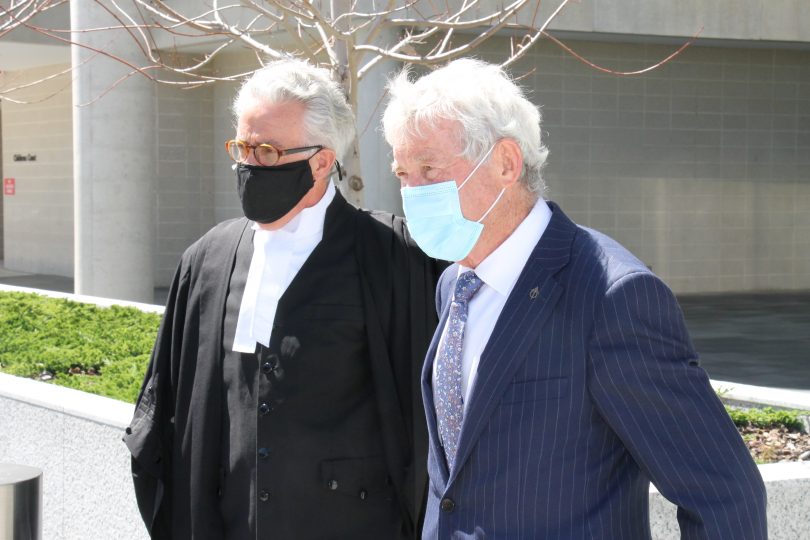
Bernard Collaery (right) and his barrister Ken Archer front the media outside the ACT Courts last year. Photo: Albert McKnight.
Legal parties in the case against whistleblower Bernard Collaery have argued over whether or not a judge should receive “court only evidence”, secret information that his defence team would not be allowed to see.
Mr Collaery was the lawyer for Witness K, who blew the whistle about Australian intelligence services bugging the Timor-Leste cabinet room during 2004 discussions over the Timor gas treaty. Witness K was sentenced last year.
On Wednesday (9 February), the ACT Supreme Court heard arguments over whether or not Justice David Mossop should look at certain information provided by the prosecution and have the contents of this information kept secret from Mr Collaery and his team.
While the case has been plagued by secrecy in general, Tim Begbie QC, for Attorney-General Michaelia Cash, said he had structured the day’s hearing to ensure information relating to national security would not be referred to, and it was his desire to conduct as much in open court as possible.
He claimed it was “common ground between the parties” that Justice Mossop would have to conduct a private inspection of the “court only evidence” to rule on the issue.
However, Justice Mossop said it appeared there were emails with his chambers “eliminating any aspect of common ground”, then read out one from Mr Collaery’s team opposing such an inspection.
Mr Begbie said there needed to be particular consideration given to the nature, purpose and context of the evidence.
He said while it was never part of the application that Mr Collaery’s lawyers were not trustworthy, there was a “very real risk of inadvertent disclosure”.
He also said the “court only evidence” was not evidence in the substantive proceedings against Mr Collaery, nor was it information denied to him for use in his own defence.
“It does not impact on what he will have to answer in his trial,” Mr Begbie said.
But Dr Christopher Ward SC for Mr Collaery argued the fact Mr Begbie had accepted none of the evidence was to be relied on in the criminal proceedings removed the “spectre” of incidental exposure during the course of the trial.
He said this was a case where information could and had been tightly held and the “court only evidence” in question was subject to restrictions placed by the court some time ago.
Justice Mossop said he would reserve his decision.
“While consenting to the prosecution of whistleblowers, the government has delayed reforming laws that would protect those who speak up about wrongdoing,” Kieran Pender, a senior lawyer at the Human Rights Law Centre, said.
“In 2016, an independent review found that the Public Interest Disclosure Act 2013 needed to be overhauled.
“Successive Coalition governments have promised to implement the review’s recommendations, but there has been no progress.”
Wednesday’s arguments follow a win for Mr Colleary in the Court of Appeal when it emphasised the importance of open justice in his upcoming trial.
The issue at the focus of the appeal began back in June 2020 when Justice Mossop made orders under the National Security Information Act that would have meant parts of Mr Collaery’s trial would be held in secret.
In October 2021, Mr Collaery won a victory against this order when the ACT Court of Appeal’s three justices ruled against some of it.
The judgment noted, “there was a very real risk of damage to public confidence in the administration of justice if the evidence could not be publicly disclosed”.
But in the Court of Appeal in November 2021, the open courtroom briefly heard arguments about why parts of the court’s recent judgment should be redacted.
Mr Collaery is fighting charges alleging he breached the Intelligence Services Act by providing information from the Australian Secret Intelligence Service to ABC journalists and that he conspired with his former client to give such information to the Timor-Leste Government.












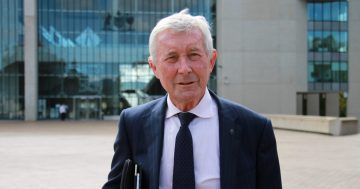
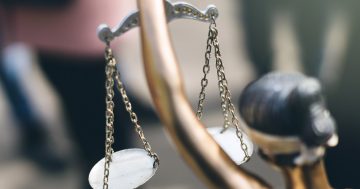
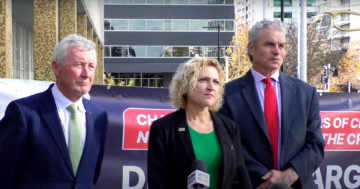
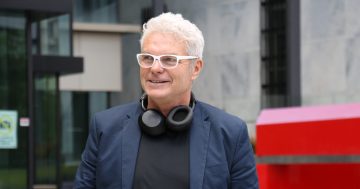

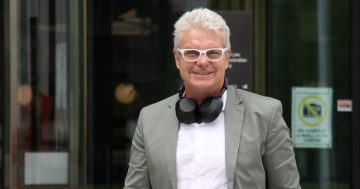
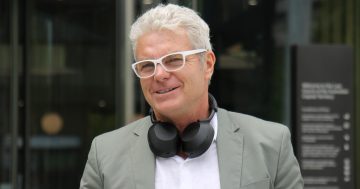
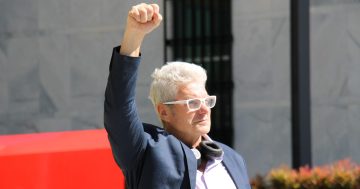


"In a call that the Canberra Liberals subsequently promised to put forward as a motion in the… View